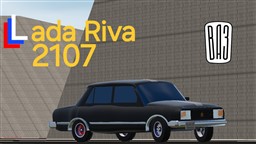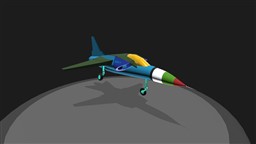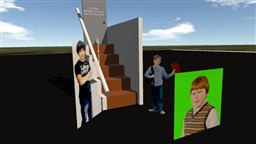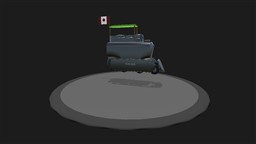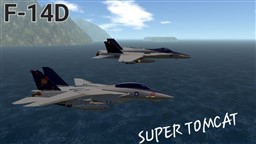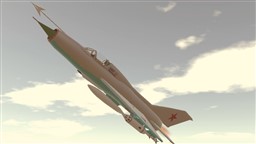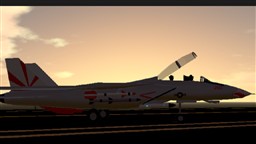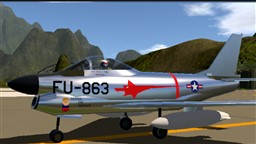35.3k LettuceRob119
Player Biography
🗣🗣🥬
Yeah yeah, ik. I have not finished that challenge.
Until then, take this as replacement:
👉👈🥺 puhweas????????
Status
Cuz im just a teenage dirtbag baby, listen to iron maiden maybe with, me. OOOOoooOoooOoooooooooooooo
Previously known as
Robomo00119,
The0riginalStrummann0119,
Robomo00119,
Robomo119DerMustangKiller,
Robomo119E,
Rob119WithA105mmHowitzer,
Rob119,
NotRob119

